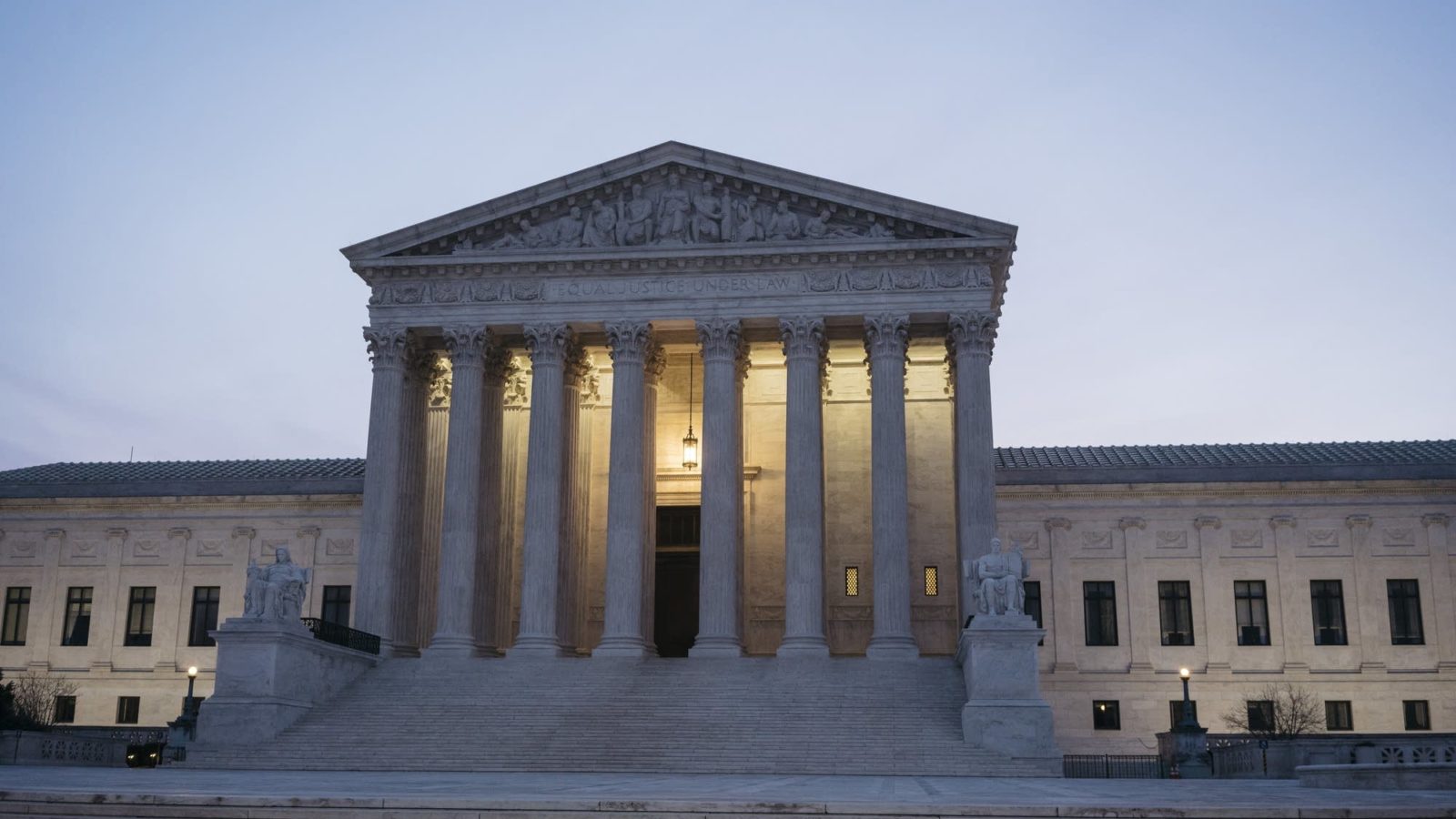Monday, April 27, 2020-Center for Gender & Refugee Studies
Last Friday, the First Circuit overturned a lower court decision denying asylum to a domestic violence survivor, reaffirming that refugee women are deserving of protection under U.S. law. The Center for Gender & Refugee Studies (CGRS), which argued the case as a friend of the court (“amicus”), applauds the decision in De Pena-Paniagua v. Barr as an important step in restoring the protections former Attorney General Jeff Sessions sought to wipe out in the case known as Matter of A-B-.
CGRS supported the petitioner, Jacelys Miguelina De Pena-Paniagua, whose story is not unlike that of CGRS’s client Ms. A.B., the woman at the center of the A-B- case. Like Ms. A.B., who fled El Salvador following escalating threats from her husband, Ms. De Pena sought asylum in the United States after enduring years of horrific domestic violence in the Dominican Republic. Like Ms. A.B., Ms. De Pena was failed by the authorities in her home country, who refused to protect her from her abuser. And, like Ms. A.B., Ms. De Pena did not receive fair and lawful treatment in the United States.
“Ms. De Pena’s case is emblematic of the protection crisis created by the former Attorney General’s decision in Matter of A-B-,” said CGRS Legal Director Blaine Bookey. “Although U.S. law has long recognized that women fleeing gender-based persecution can establish eligibility for asylum, the Board of Immigration Appeals used Matter of A-B– to improperly deny Ms. De Pena a fair hearing. We are pleased the First Circuit called out the Board’s unlawful and unprincipled decision.”
Ms. De Pena’s case highlights the far-reaching, devastating impacts of Sessions’ ruling, which overturned a legal precedent affirming domestic violence survivors’ right to seek asylum. Since the Matter of A-B- decision came down in 2018, it has been used to single out women’s claims for discriminatory treatment. Some adjudicators have incorrectly interpreted Matter of A-B- to impose a complete ban on cases involving domestic violence. The First Circuit held that the Board made just such an error in Ms. De Pena’s case, by relying on Matter of A-B- to reject her claim without conducting a meaningful examination of her case.
CGRS Director Karen Musalo applauded the court’s ruling: “At its heart, the First Circuit decision recognizes what should be obvious to anyone and what had been the law of the land before Sessions intervened: That women are a protected group and that in many countries they are persecuted because of their gender and status as women in society. Moreover, the court reiterated a bedrock principle of asylum law that claims for protection cannot be categorically rejected, but must be decided on their individual facts.”
Under U.S. and international law, our government is obligated to extend protection to domestic violence survivors like Ms. De Pena who continue to meet the stringent criteria for asylum. When Ms. A.B. learned of the ruling, she expressed hope that the United States will live up to this commitment. “It has caused me great pain to think that my case has been used to justify the rejection of other women like me seeking protection from the violence that plagues our countries,” she said. “The court’s decision gives me faith that the decision in my case will not close the door for others and that my case too will eventually prevail and I will be able to hold my children again in safety.”





Leave a Reply